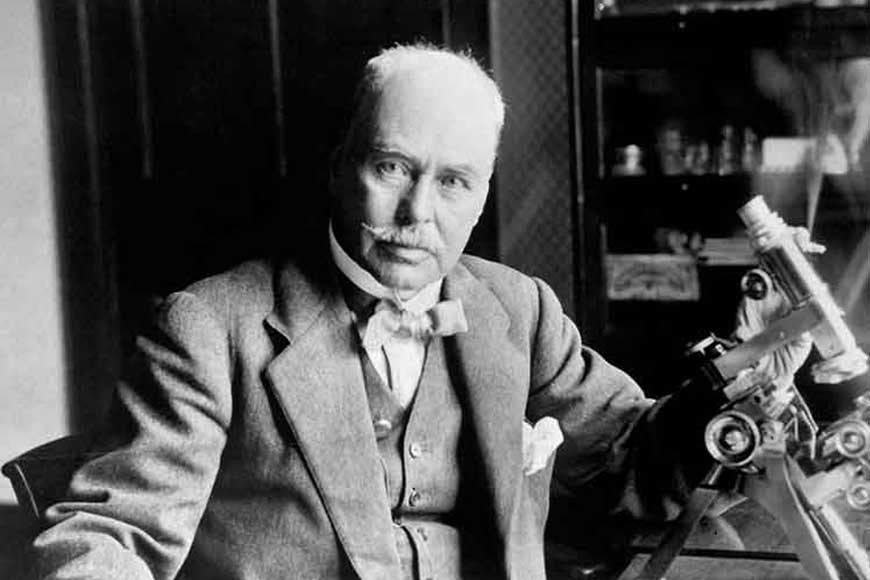How is Sir Ross’ Kolkata doing?

Wonder, what would have Ronald Ross said, had he witnessed the string of deaths in Kolkata in recent months due to dengue and thousands more affected by malaria? Worse still, 40% of malarial patients in the city are not even responding to the standard malarial drug, chloroquinine. It is a tragic irony that a city where Ronald Ross spent his major part of research life and worked on transmission of malarial parasite that fetched him a Nobel Prize in Medicine, still witnesses deaths from mosquito borne diseases even in the 21st century.
But how many Kolkatans remember Ronald Ross? Just like Urmila of Amitava Ghosh’s The Calcutta Chromosome did not even know where the Ronald Ross Memorial was in the city, we too have hardly bothered to trace the history of the man who saved the city and many in the world from the deadly sting of Anopheles mosquitoes. The memorial is dedicated to Calcutta’s first British Nobel Laureate Ronald Ross, and is located on the Western wall of the Presidency General (PG) Hospital, that is now known as SSKM. It is here while working on the parasite, that Ross discovered how they are transmitted.
Sadly the culturally active citizens have forgotten Ross and his memorial lies in utter neglect, just like the administration has forgotten that mosquitoes should have been tackled way back in March to stop the spread of mosquito borne diseases.
The memorial is dedicated to Calcutta’s first British Nobel Laureate Ronald Ross, and is located on the Western wall of the Presidency General (PG) Hospital, that is now known as SSKM.
In 1902 for his work on transmission of malaria and how the protozoa that attacks the body, is actually transmitted by female Anopheles mosquito, Ross received his Nobel Prize. His path-breaking discovery led to use of chloroquinine, the only known drug to combat the protozoa for many years, that acted as a life saver to hundreds of citizens not just of Bengal, but of entire eastern India and other tropical countries. He also became the first British Nobel laureate born outside Europe and in India. Unfortunately, misuse of chloroquinine has led to drug resistant malaria in recent years.
Also read : Footprints of World War I in Kolkata
Ross worked for 25 years with the Indian Medical Service at Cunningham’s laboratory of Presidency Hospital in Calcutta. On 17 February 1898 he arrived in Calcutta on special duty at the hospital and immediately started his research on malaria and kala-azar. He was allowed to use Surgeon-Lieutenant-General Cunningham’s laboratory for his research. He had no success with malarial patients because they were always immediately given medication. He built a bungalow with a laboratory at Mahanad village, where he would stay from time to time to collect mosquitoes in and around the village. He employed Mahomed (or Muhammed) Bux, Purboona (who deserted him after the first payday), and Kishori Mohan Bandopadhyay as laboratory assistants. Instead of humans, he used birds as his experimentation subjects, as bird parasites were very closely related to human malarial parasites. Using more convenient model of birds, by July 1898 he established the importance of mosquitoes as intermediate hosts in avian malaria.
We all wish his path-breaking research would help combat the disease resistant malarial deaths in the city and Kolkata will no more suffer from the deadly sting of that tiny mosquito!










